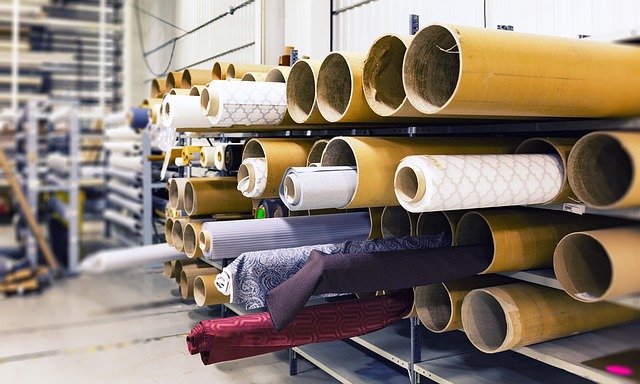-
The Bureau of Internal Revenue has released a draft order maintaining zero-rating and VAT exemption for local purchases and sales of exporters
-
The draft follows deferred implementation in July of BIR Revenue Regulations 9-2021
-
Various stakeholders sought a repeal of the ruling which they said placed additional burden on exporters especially during the COVID-19 pandemic
-
The draft will implement provisions of the Corporate Recovery and Tax Incentives for Enterprise Act
The Bureau of Internal Revenue (BIR) has released a proposed regulation maintaining the zero-rating and exemption from value-added tax of local purchases by exporters.
The draft follows deferred implementation of Revenue Regulations (RR) 9-2021 in July. RR 9-2021, which took effect on June 27, imposed a 12% VAT on previously zero-rated indirect exports and sales of services pursuant to the Tax Reform for Acceleration and Inclusion (TRAIN) law.
Various groups sought the repeal of RR 9-2021 seen as an additional burden on exporters especially during the COVID-19 pandemic.
The draft RR posted on BIR’s website will implement provisions of the Corporate Recovery and Tax Incentives for Enterprise (CREATE) Act and its implementing rules and regulations (IRR).
The proposed RR specifically implements Section 5, Rule 2 of the CREATE IRR, which states that the VAT exemption on importation and VAT zero-rating on local purchases “shall only apply to goods and services directly and exclusively used in the registered project or activity of a registered export enterprise, during the period of registration of the said registered project or activity with the concerned IPA [investment promotion agency].”
The direct and exclusive use in the registered project or activity refers to raw materials, inventories, supplies, equipment, goods, services and other expenditures necessary for the registered project or activity without which the registered project or activity cannot be carried out.
Philippine Exporters Confederations, Inc. (PHILEXPORT) assistant vice president Ma. Flordeliza Leong, in a text message to PortCalls, noted, however, that there is still work to be done since the VAT exemption on importation and VAT zero-rating on local purchases applies only to registered export enterprises under CREATE.
Leong noted that many micro, small, and medium enterprises are not located in economic zones or are not registered with the Board of Investment.
“But we were promised by Trade Secretary Ramon Lopez that the process [for registering MSMEs] will be fast and easy,” she added.
The draft proposes that a zero-rated sale of goods or properties by a VAT-registered person is a taxable transaction for VAT purposes but will not result in any output tax. However, the input tax on purchases of goods, properties, or services, attributable to such zero-rated sale, shall be available as tax credit or refund in accordance with these regulations.
The following sales by VAT-registered persons are subject to zero percent rate:
• Export sales
• Sales to persons or entities whose exemption from direct and indirect taxes under special laws or international agreements to which the Philippines is a signatory effectively subjects such sales to zero rate
• Sale of raw materials, inventories, supplies, equipment, and goods, to a registered export enterprise, to be used directly and exclusively in its registered project or activity
Transactions subject to 0% VAT rate, meanwhile, are as follows:
• Services other than processing, manufacturing or repacking of goods rendered to a person engaged in business conducted outside the Philippines or to a non-resident person not engaged in business who is outside the Philippines when the services are performed.
• Services rendered to persons or entities whose exemption from direct and indirect taxes under special laws or international agreements to which the Philippines is a signatory, effectively subjects the supply of such services to 0% rate.
• Sale of services to a registered export enterprise, to be used directly and exclusively in its registered project or activity pursuant to the CREATE Act.
• Services rendered to persons engaged in international shipping or air transport operations, including leases of property for use thereof.
• Transport of passengers and cargo by domestic air or sea vessels from the Philippines to a foreign country. Gross receipts of international air or shipping carriers doing business in the Philippines derived from transport of passengers and cargo from the Philippines to another country shall be exempt from VAT but are still liable to a percentage tax of 3% based on their gross receipts derived from transport of cargo from the Philippines to another country.
• Sale of power or fuel generated through renewable sources of energy, provided, however, that zero-rating will apply strictly to the sale of power or fuel generated through renewable sources of energy, and will not extend to the sale of services related to the maintenance or operation of plants generating said power. – Roumina Pablo





